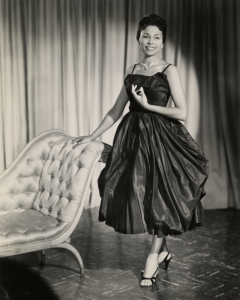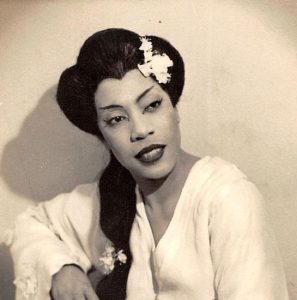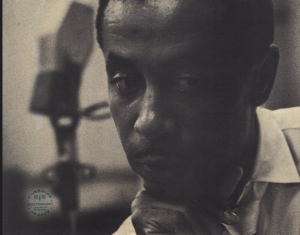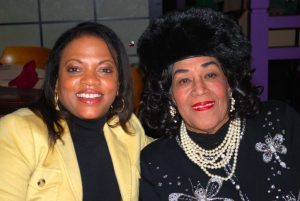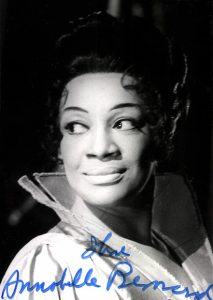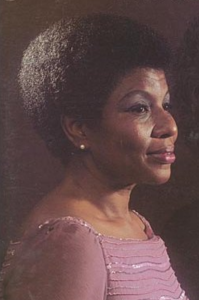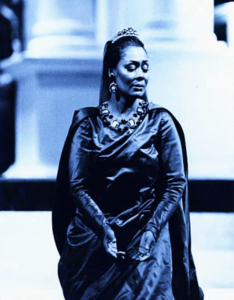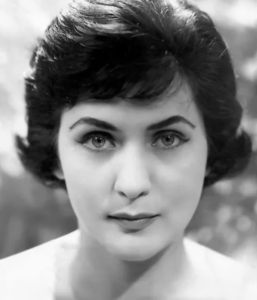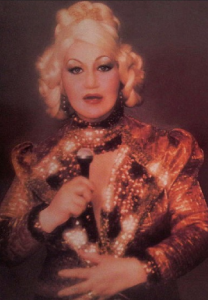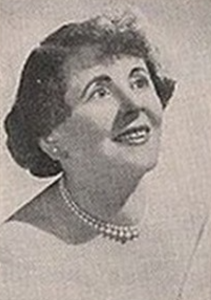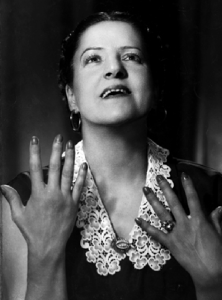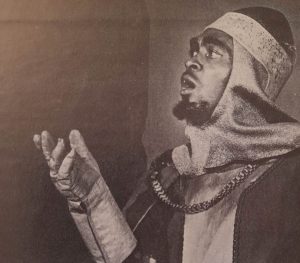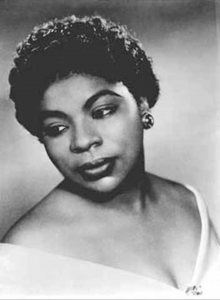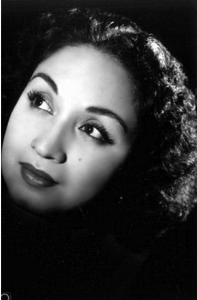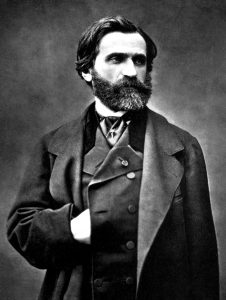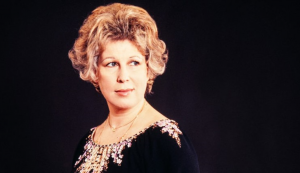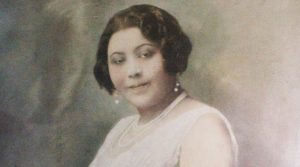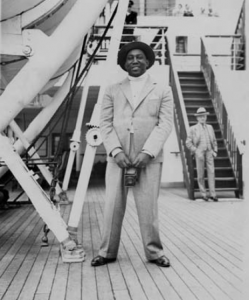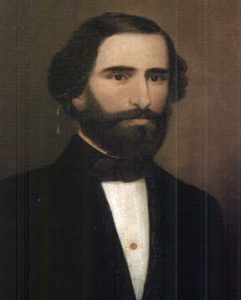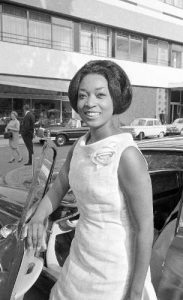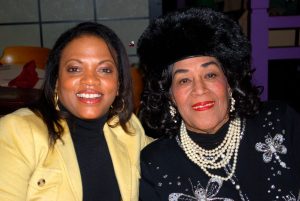Podcast: Play in new window | Download (Duration: 1:10:08 — 69.2MB) | Embed
Subscribe: Spotify | TuneIn | RSS | More
On March 7, 2024, the legendary African American soprano Margaret Tynes died at the age of 104. During the second season of Countermelody, I featured the singer, who at the time was a mere 101 years old, on one of my Black History Month episodes. She was a unique artist, fearlessly forging her own musical, dramatic, and vocal path, aided and abetted by a strong voice with a powerful top register. Though she made a number of significant appearances in her homeland earlier in her career (including a televised appearance in Duke Ellington’s jazz suite, A Drum Is a Woman), her later successes were focused primarily in Europe, where she was particularly celebrated for her extraordinary Salome, with which she created a sensation in Spoleto in 1961, and her Lady Macbeth. Excerpts from all of these and more are featured on this episode, which also includes spirituals and Creole folk songs, as well as arias and duets from Aida, Carmen, and Porgy and Bess. Guest artists include LeVern Hutcherson, most remembered today for his appearances on stage and screen in Porgy, and George Shirley, the first African American tenor to sing at the Metropolitan Opera.
Countermelody is a podcast devoted to the glory and the power of the human voice raised in song. Singer and vocal aficionado Daniel Gundlach explores great singers of the past and present focusing in particular on those who are less well-remembered today than they should be. Daniel’s lifetime in music as a professional countertenor, pianist, vocal coach, voice teacher, and journalist yields an exciting array of anecdotes, impressions, and “inside stories.” At Countermelody’s core is the celebration of great singers of all stripes, their instruments, and the connection they make to the words they sing. By clicking on the following link (https://linktr.ee/CountermelodyPodcast) you can find the dedicated Countermelody website which contains additional content including artist photos and episode setlists. The link will also take you to Countermelody’s Patreon page, where you can pledge your monthly support at whatever level you can afford. Bonus episodes available exclusively to Patreon supporters are currently available and further bonus content including interviews and livestreams is planned for the upcoming season.
